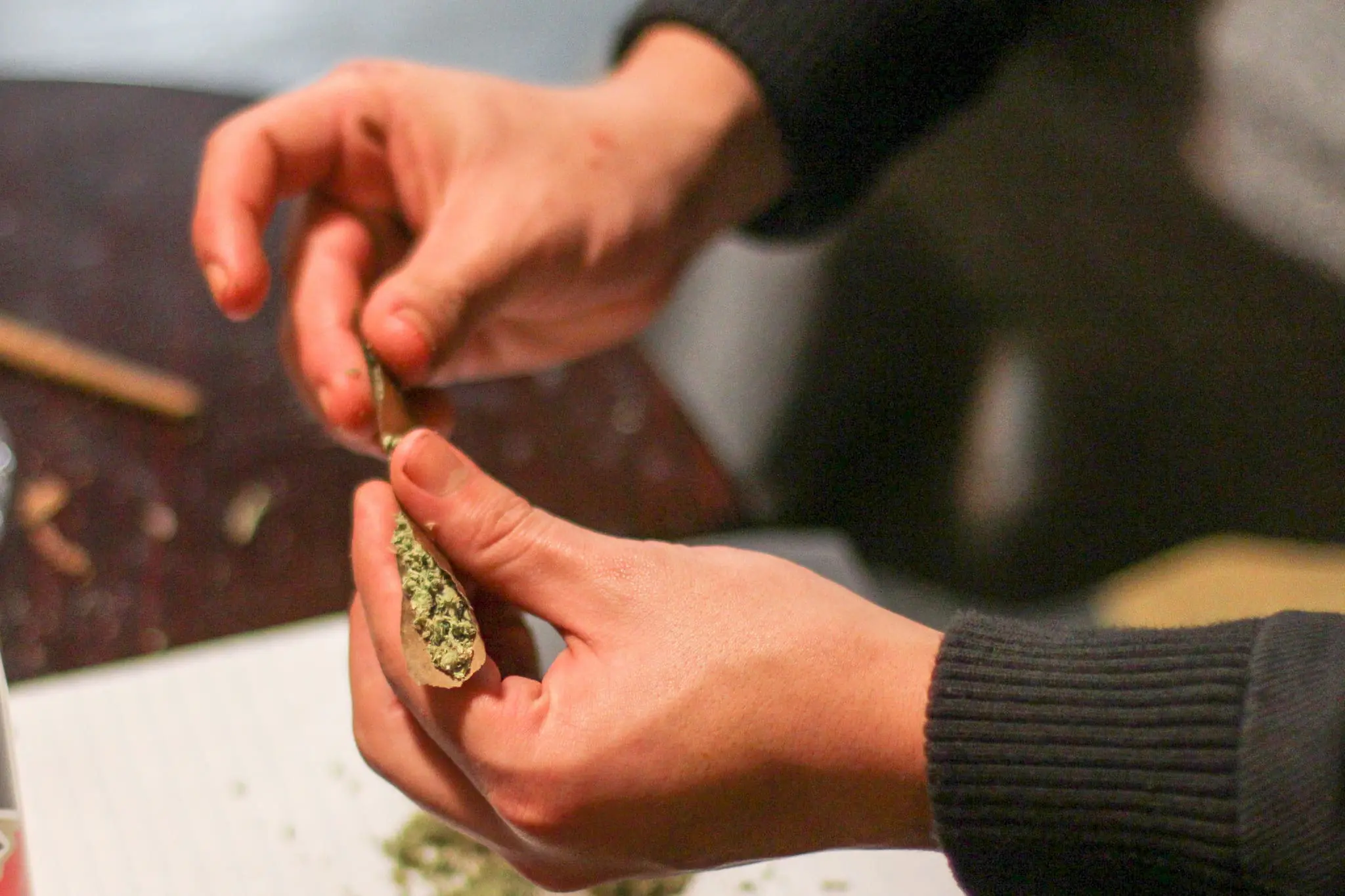Culture
Minnesota Awards First Marijuana Event License Allowing On-Site Sales And Use At Festival With Killer Mike, Warren G And Afroman

Minnesota officials have granted the state’s first-ever marijuana event organizer license, allowing adults to buy and consume cannabis products on-site at a festival this weekend. Artists famed for their embrace of cannabis culture—including Killer Mike, Warren G and Afroman—are set to preform at the event.
The state Office of Cannabis Management (OCM) awarded the special license to the Legacy Cup Festival last week, the organizers said in a press release on Thursday. This comes about two years after adult-use legalization was enacted in the state, with the first non-tribal marijuana shops opening for sales to adults 21 and older last week.
Two dispensaries—Legacy Cannabis Duluth and Waabigwan Mashkiki—have been approved to sell their marijuana products at the Legacy Cup event on Saturday.
“The Legacy Cup is committed to organizing a safe event—this festival is 21+, no alcohol, no tobacco. Medics and security will be on site,” it said. “All Lower- Potency Hemp Edible Products and Adult Use Cannabis products sampled or sold at the Legacy Cup are required to be tested by a certified lab and vendors are required to have labs available for the public to see.”
The sixth annual event will also feature professional skateboarders, a car show, “ganja games” and more than 100 vendors.
“Legacy Cup continues to be a groundbreaking festival not only in Minnesota but across the country,” the company added. “The vast majority of states that have legalized recreational cannabis do not allow events to have cannabis sales or consumption.”
In California, on-site sales and consumption at the state’s annual state fair have become regular features of those events. New York in 2021 allowed both on-site cannabis purchases and use, but it’s since remove the option to consume at the event.
For Minnesotans not attending the Legacy Cup festival, adults now have the alternative option of buying for a wide range of dispensaries since the first non-tribal retailers started servicing those 21 and up.
While certain tribal governments across the state have been permitted to sell marijuana on their reservations–and tribes have also agreements with the governor to sell at retail locations outside of their territories–last week marked the first time a non-tribal entity has been able to market marijuana for adults.
Notably, Minnesota sits in a geographically unique position with respect to cannabis, as it’s surrounded by states that maintain prohibition. Many of the newly authorized retailers sit within driving distance of borders with those jurisdictions.
Meanwhile, Minnesota’s House of Representatives recently circulated a poll at this year’s State Fair that asked attendees about the idea of allowing localities to enact bans on marijuana businesses within their borders. Most respondents who have an opinion on the issue agree with the policy, despite it not currently being a part of the state’s cannabis laws.
—
Marijuana Moment is tracking hundreds of cannabis, psychedelics and drug policy bills in state legislatures and Congress this year. Patreon supporters pledging at least $25/month get access to our interactive maps, charts and hearing calendar so they don’t miss any developments.
![]()
Learn more about our marijuana bill tracker and become a supporter on Patreon to get access.
—
Ahead of the enactment of legalization in Minnesota, lawmakers’ separate State Fair polls found majority support for the reform.
The governor has also selected a top cannabis regulator for the state who will oversee the adult-use market rollout. And while there may be some jurisdictions in favor of a local control option for licensees, over a dozen Minnesota cities have signaled interest in government-run cannabis retailers.
In June, OCM issued the state’s first recreational marijuana license for a cultivation microbusiness.
OCM said at the time that it’s taking further steps to build up in the industry and create opportunities to entrepreneurs, including opening a new licensing window for cannabis testing facilities, accepting the first applications for marijuana event licenses and verifying more social equity status requests.
Separately, after Minnesota lawmakers passed a bill to end the criminalization of bong water containing trace amount of drugs, the governor signed the measure into law in May.
The change addresses an existing policy that had allowed law enforcement to treat quantities of bong water greater than four ounces as equivalent to the pure, uncut version of whatever drug the device was used to consume.
In April, meanwhile, state officials moved to delay a separate drug reform—the opening of safe drug consumption sites, meant to allow people to use drugs in a safer, supervised setting.
“More work needs to be done on a state and federal level before these services can be implemented in a way that is safe for participants and Harm Reduction programs,” a representative for the Department of Human Services (DHS) Behavioral Health Administration said at the time.
In March, lawmakers also filed legislation that would create a system to allow legal access to psilocybin for medical purposes. That came just days after the introduction of a separate bill that would legalize personal psilocybin use and possession among adults.
Photo courtesy of Martin Alonso.



